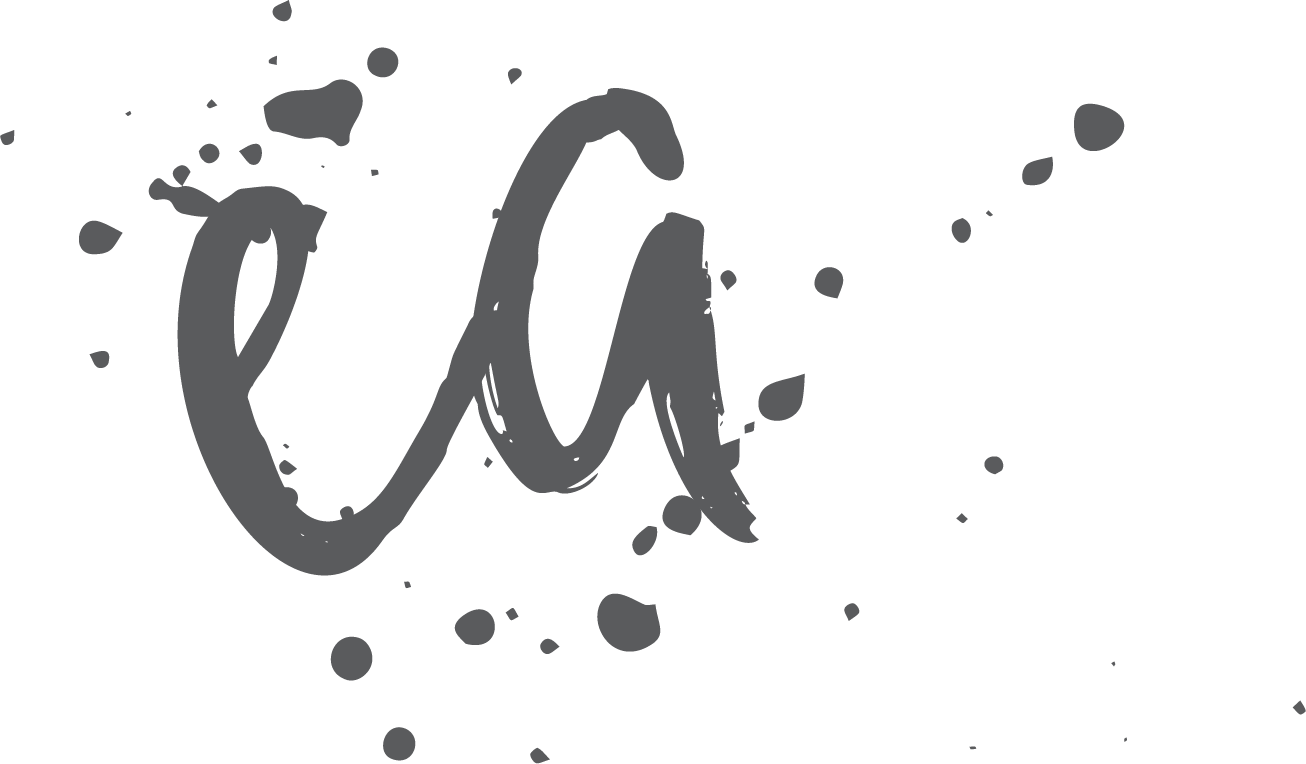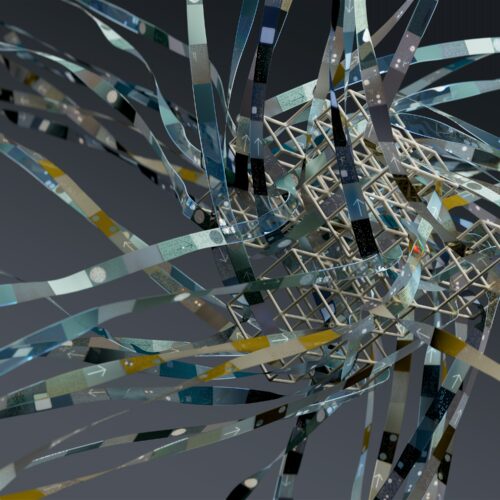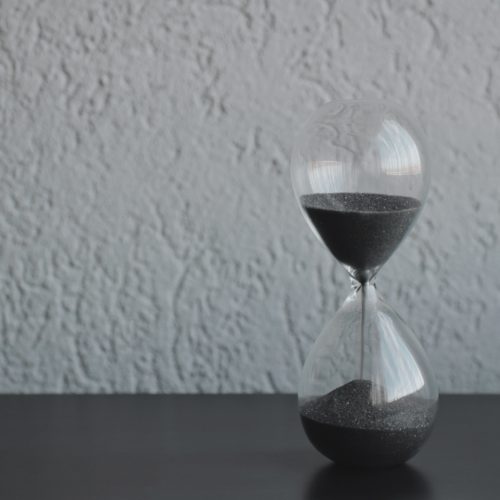“In coaching, we embrace not knowing so that wisdom can show up.” ―Julio Olalla
Ontological coaching in part embodies the distinctions of language. As an ontological coach, we spend time deeply engaged in conversations, conversations that create possibilities and change. A coaching session in its simplest explanation is a conversation where the coach’s presence, curiosity, and observations can expand a coachee’s seeing and knowing resulting in transformative shifts. The coachee is able to find new footing, a different orientation and the possibility of new action creating new and exciting results for their life and work.
In my experience of the American education system, we are addicted to answers. One of the biggest transitions I have made in studying ontological coaching and being in training to be certified as a coach is that I don’t have, nor do I need to have all of the answers for someone else’s life. What I do bring is a powerful observer, that is curious, passionate and who has deep resilience. Being born and living with a bone disease has taught me that pain may not be optional, but that suffering is a choice. And perhaps a more important distinction is that suffering and pain is not something to be eradicated but rather an opportunity to examine ourselves deeply. Our open wounds can be an opportunity for us, rather than a limit. Perhaps then it is our orientation and story towards an event or a struggle that creates for us obstacles. Could we then shift how we relate and see the world and in so doing move, change, or eliminate our obstacles?
Inspired by Rainer Maria Rilke, the unofficial poet laureate of On Being, who said:
Be patient toward all that is unsolved in your heart and try to love the questions themselves, like locked rooms and like books that are now written in a very foreign tongue. Do not now seek the answers, which cannot be given you because you would not be able to live them. And the point is, to live everything. Live the questions now. Perhaps then, someday far in the future, you will gradually, without even noticing it, live your way into the answer.”



